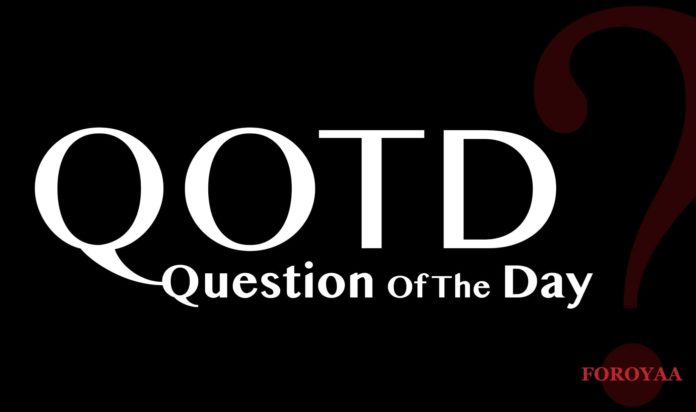QUESTION OF THE DAY
Institutional memory is required to give an appropriate answer to this question.
Readers who have been monitoring the registration of voters over the years would remember that attestation by five elders was a provision in the Election Act as of 2001.
Before its amendment as a result of protest against its gross abuse by both supporters of the then ruling party and the opposition the provision used to read:
“(2) Notwithstanding subsection (1), a person’s name shall not be entered on a register of voters in a constituency unless he or she produces any one of the following documents-
(a) a birth certificate;
(b) a Gambian passport;
(c) a National Identity Card;
(d) a document certified by five elders that the applicant is a citizen of The Gambia; or
(e) a document certified by the District Seyfo or an Alkalo of the village of birth of the applicant stating that the applicant was born in the district or village.”
Hence, the IEC used to accept a document certified by five elders indicating that the applicant is a citizen of the Gambia. This motivated many elders to establish tables close to registration centres to issue attestations to claimants irrespective of whether they knew them or not.
The IEC’s hands were tied in examining the validity of attestations when an amendment was also introduced in the Elections Act indicating the following:
“(3) The Commission shall not reject a valid document produced under subsection (2).”
Since elders were difficult to trace as compared to Chiefs and Alkalolu recommendation to remove the attestation by five elders from the Elections Act was advocated for, it eventually succeeded.
It is true that an alkalo/alkali or Seyfo may not know all those residents in a village or District. In this case such claimant should be given a standard form to be filled by five elders before issuing a certificate.
The revising courts could then attend to all the cases that are not confirmed by the Chiefs of Alkalolu.



















